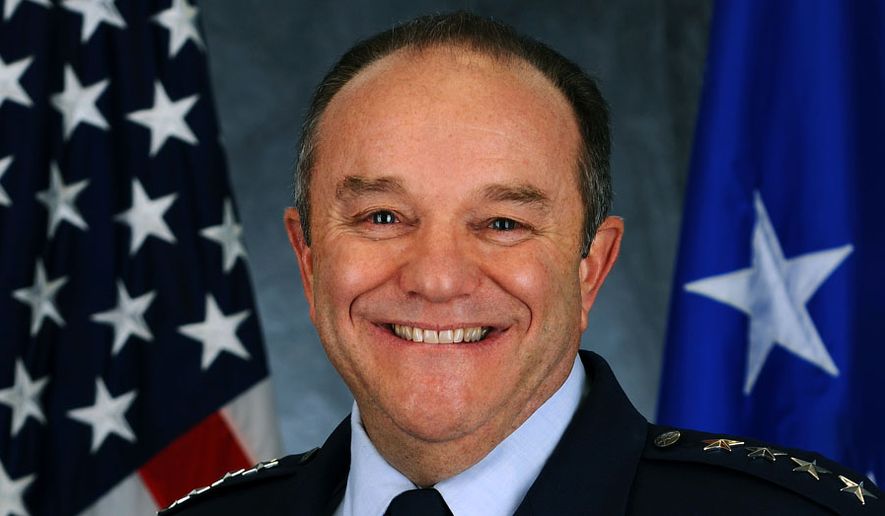One great virtue of this electoral season, for all its divisiveness, was that it generated a robust debate about our relationship with Russia.
Of course, Russian President Vladimir Putin helped that debate along The preponderance of intelligence — as well as basic common sense — suggest that Russia did try to shape the outcome of our U.S. elections.
It’s possible, as some suggest, that Mr. Putin truly wanted Mr. Trump to be his new sparring partner perhaps because Mr. Putin sees himself in our new president, or perhaps because he sees Mr. Trump as more pliable than his predecessors. And it’s also possible, as others suggest, that what Mr. Putin really wanted was to damage the faith of the American people — and the world at large — in the U.S. democratic system. Either way, Mr. Putin’s shot found its target.
But our concerted focus on Russia’s interference in our election, as egregious as it was, puts us at risk of focusing on the wrong things. While we focus on the tactical-level mechanics, Russia is playing an aggressive, long-term game with strategic-level ends.
The first thing we should learn from Russia’s electoral intervention is that Mr. Putin feels even more emboldened, and less constrained, than he has in the past. His invasion and occupation of Ukraine was a blatant violation of international law and agreed norms, and was done apparently without fear of reprisal. His disruption of the U.S. electoral process demonstrates a different side of that same feeling of impunity.
The second thing we should see in Russia’s intervention is an extension of its use of maskirovka — attempting to fool us into bickering amongst ourselves — while Russia continues to quietly unravel our confidence, and the world’s, in America’s strong democratic tradition. Russia is no newcomer to the artful sleight of hand: One of several goals behind Russia’s military intervention in Syria was to deflect the world’s attention away from Russia’s unlawful occupation of Ukraine. This was the same idea in a different form.
And the third, and by far the biggest, thing we should see in Russia’s electoral meddling is firm confirmation, if confirmation were needed, that we do not have a grand strategic partner in Russia today. Russia views our interactions as zero-sum and believes that the best way to bolster itself is by degrading America. Russia doesn’t just seek to break the rules of the international order; it seeks to rewrite them. Russia sees itself as a great power, able to drive outcomes on the world stage at will. And Russia has made it clear that it is willing to use military force to back up its claims and achieve its ends.
The relationship between the U.S. and Russia is as bad as I’ve ever seen it, and it’s continuing to head in the wrong direction. But while it’s bad, it’s far from hopeless.
A Europe “whole, free, and at peace” — and, I would add, “prosperous” — is good for European nations; good for the U.S.; and also, ultimately, good for Russia — for the security and stability of its leadership, and for the prosperity, opportunity and well-being of its people. That gives us all a common goal to work toward.
Unfortunately, there are no shortcuts, no grand bargain that can lay a foundation for an acceptable, sustainable future relationship.
The best — the only — way to move toward that vision is through dialogue, candid dialogue that does not paper over past sins, but does leave the door open to wide-ranging pragmatic cooperation in the future.
We need to be clear about our expectations. We need to recognize — if not always agree with — Russia’s view of the world. And we need to choose specific, meaningful, visible targets to achieve together.
Russia can choose to be a constructive player on the world stage — a choice that the U.S. and our allies should encourage and welcome.
• USAF Gen. Philip M. Breedlove retired in 2016 as the Supreme Allied Commander of Europe and Commander US European Command with over 38 years of service, across which he served eight times in Europe at all levels of operations and command. He is a Distinguished Professor at the Sam Nunn School of International Affairs at Georgia Tech.




Please read our comment policy before commenting.